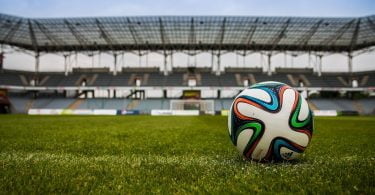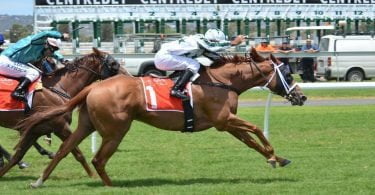Forget everything you knew about golf. Forget everything you’ve ever thought as well, for that matter.
Forget everything you knew about golf. Forget everything you’ve ever thought as well, for that matter. The astonishing, final-day comeback produced by the European team to win the Ryder Cup at Medinah last Sunday has to rank as one of the most shocking achievements in golfing history.
Heading into the final session with the United States requiring just four points from the 12 on offer, Europe somehow managed to secure the requisite eight and a half required to steal a historic 14½ – 13½ win.
The record-breaking victory is the best recovery from a European side in the competition and is matched only by the efforts of Ben Crenshaw’s US team in Boston in 1999. Many will argue however that 2012’s turnaround, in such hostile foreign conditions, eclipses even that. Whatever your view, here are five things we learned from 2012’s Ryder cup:
Ian Poulter – Matchplay maestro
Despite only making it into the side as one of Jose Maria Olazabal’s two captain’s picks, Ian Poulter was the most successful player from either team, securing all four available points from the matches he competed in. Even so, the numbers still fail to tell the whole story. Poulter was the heartbeat of this European side: sinking clutch putts, invigorating the comeback and leading from the front. Highlighted as Europe’s talisman and heartbeat, frequent and numerous comparisons have already been drawn between the Englishman and the great late Seve.
Tiger and Ryder don’t get on
If Poulter is ranked a hypothetical first in the world golf matchplay standings, then it stands to reason that Tiger Woods sits rather further down the ladder, not far above Steve Stricker. The 14-time major champion only managed to secure a half point for the USA during the three day event. His play was so erratic on the Friday in fact that it led to his sitting out of a session for the first time in his Ryder Cup career.
Stats don’t matter
Statistically the comeback was a rare historical anomaly. What’s more, much was made of the perceived gap between the two teams prior to the outset. The average world ranking for the American team was 12.2, over 6 points better than the European’s 18.9. Despite this, 2012 followed a growing trend of the result going against the higher ranked side.
The Americans don’t like it up ‘em
Whether it be the team or the fans it is quite evident that the Americans don’t like a taste of their own medicine. As the final day progressed the crowd became ever quieter. Chants of “Get in the hole” all but disappeared – to the majorities blissful relief – and the players themselves suffered in parallel. As soon as Europe began to build some momentum the yanks crumbled, a point made explicit by the fact that they only won 3½ from a possible 12 on offer on the final day.
Tactics (also) don’t matter
With the Ryder Cup being held in Chicago it was USA team captain Davis Love III’s prerogative to set the course up in the manner of his choosing. He went for minimal rough in order to maximise the abilities of his long drivers and created the perfect conditions for a potential birdie fest. The theory seemed to be that the Americans would out-putt their European counterparts, a plan which worked superbly for the first two days. Unfortunately for Love and the US, no amount of planning or tactics can compensate for the human element of sport.








